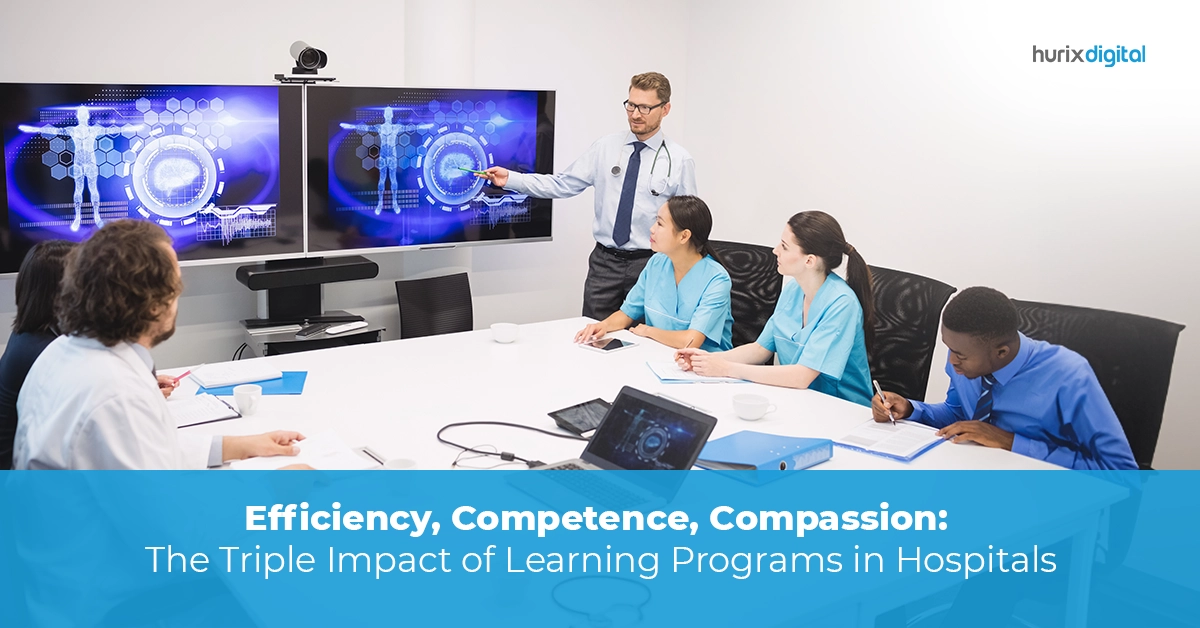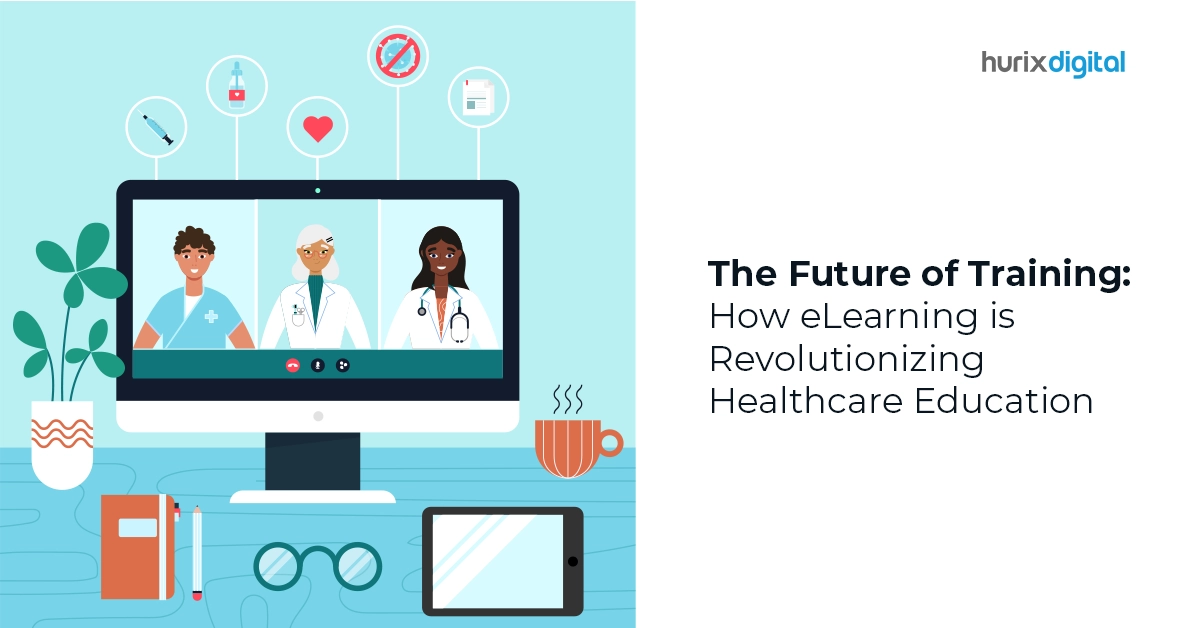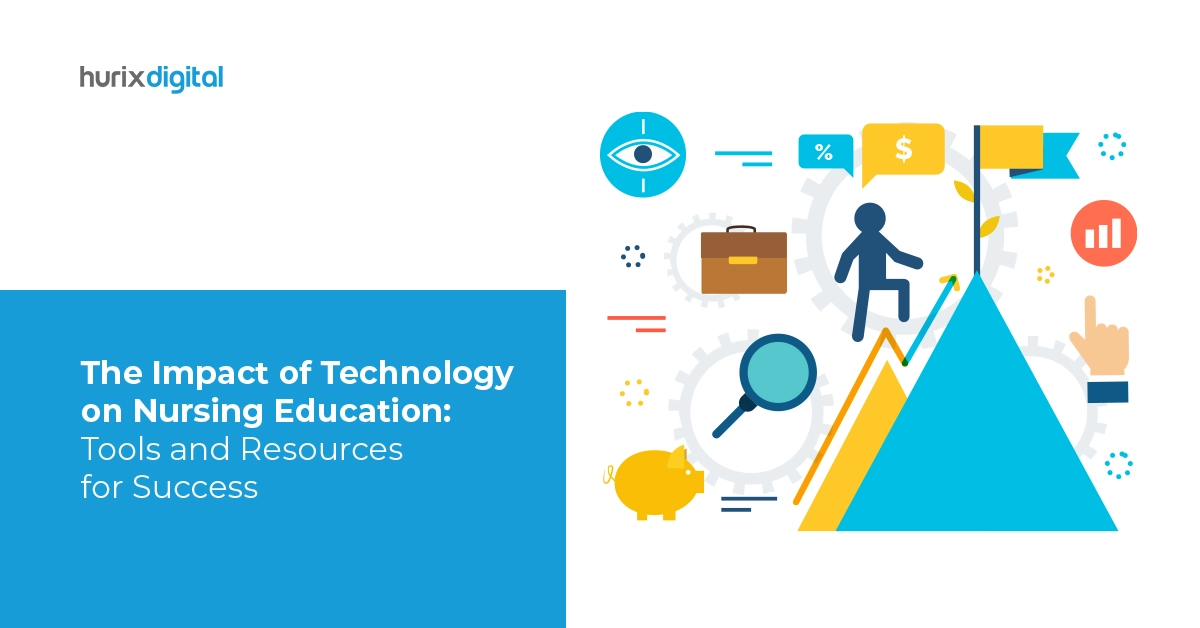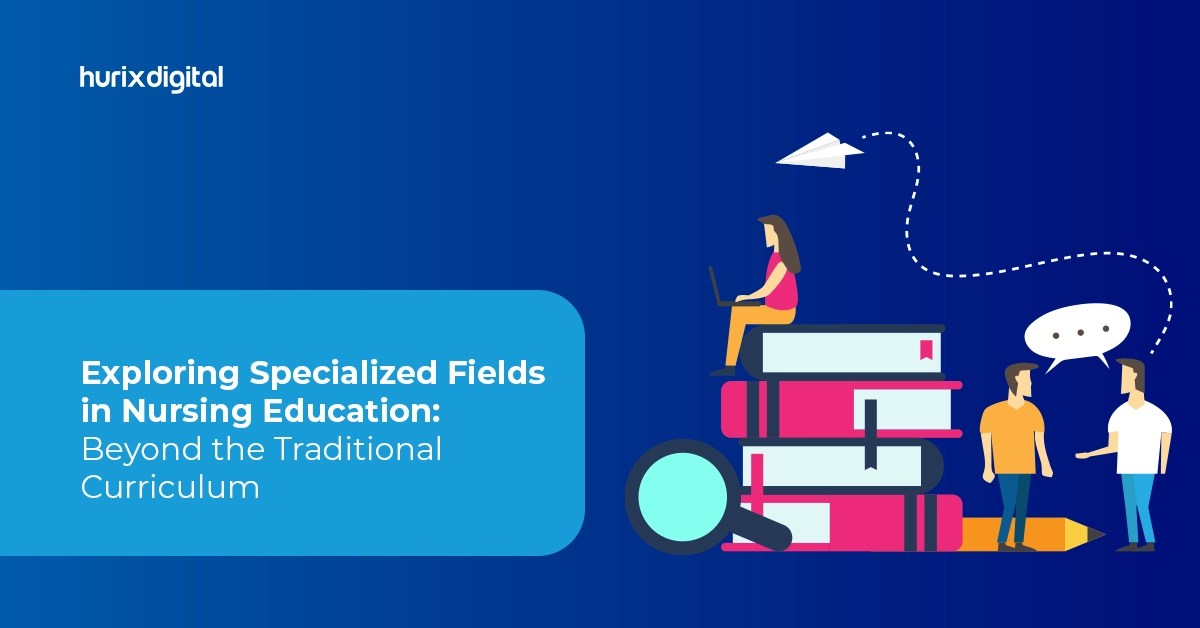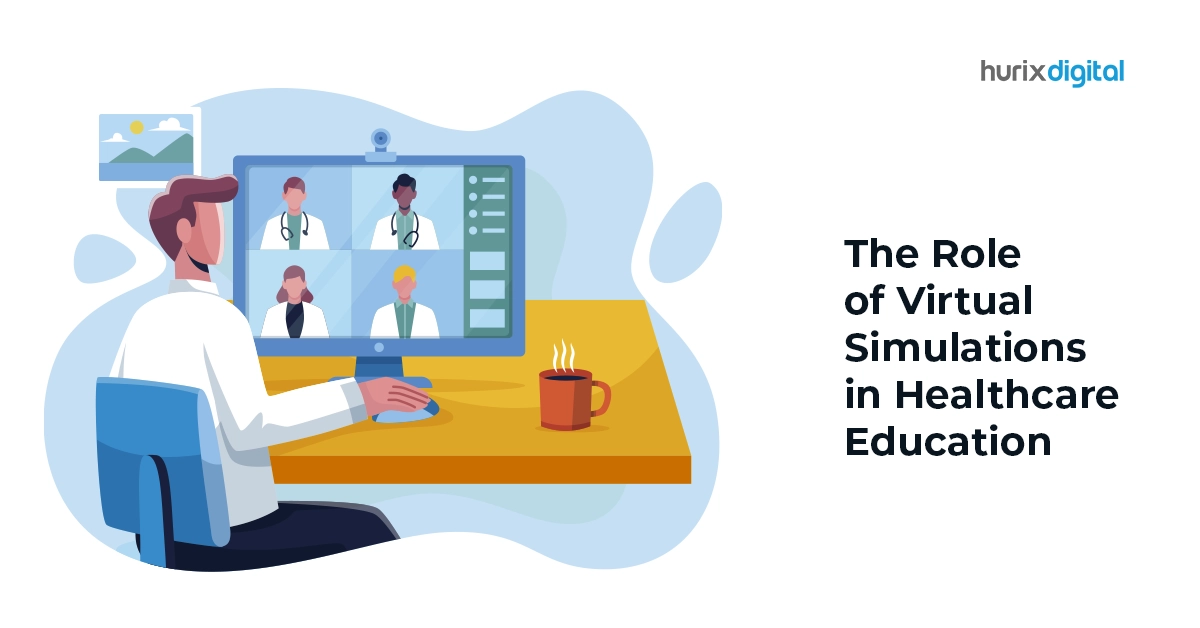Summary
Learning programs in hospitals positively impact staff by enhancing skills, knowledge, and job satisfaction. They promote evidence-based practices, interdisciplinary collaboration, and adaptability to evolving healthcare needs. Ultimately, these programs contribute to improved patient care outcomes and employee retention, fostering a culture of lifelong learning in healthcare settings.
Every hospital helps thousands of lives daily and undoubtedly aims to deliver the best healthcare for every one of their patients. After all, the comfort, happiness, and safety one feels when you know you’re in good hands plays a massive step in recovery and treatment.
Beyond recovery, patients must feel confident that their issues will be understood, empathized with, and treated promptly to consider returning to a hospital in case of any recurring issue or new illness. That is why upskilling is necessary to keep up with the times.
As you continue reading, we will take you through hospital learning program concepts, impact, and future.
Table of Contents:
- Hospital Learning Programs and Why They Are Used
- The Triple Impact of Learning Programs in Hospitals
- Imbibing the Future Into Hosptial Learning Programs
- Equipping The Future of Healthcare
Hospital Learning Programs and Why They Are Used
Every industry and business invest in upskilling and educational initiatives to enhance the capabilities of their professionals; with the medical sector in focus, the pursuit of faster and more robust treatment comes with constant evolution.
Amidst this constant evolution, hospitals invest their resources to deliver top-notch hospital learning programs for these two goals:
- To Improve their operational excellence by keeping their experts qualified, efficient, and relevant to the latest medical treatments and practices.
- To upgrade the care they deliver to their patients with soft skills such as compassion and interpersonal communication.
Right from doctors and nurses to technical and emergency support staff, healthcare learning programs incorporate many forms, from hands-on training modules to full-fledged digital workshops, to target these two goals.
The Triple Impact of Learning Programs in Hospitals
The true impact of healthcare professional development is best explained through these three most crucial benefits,
1. Exponential Boost in Efficiency
Here is how hospital learning programs can potentially improve hospital efficiency:
- Critical patient care contact points like emergency medical technicians (EMTs) and nurses can dramatically improve their swiftness and reduce the time for diagnosis.
- Doctors can be better equipped to reduce surgery durations. Lesser surgery durations increase the number of patients that can be attended to and can also reduce potential side effects during surgeries.
2. Scaling Up Competencies
With well-delivered learning modules, here are the areas where healthcare professionals boost their competencies:
- With hospital learning programs that use advanced medical equipment, surgeons and doctors will be more qualified to increase the probability of success in complicated treatments.
- When nurses, EMTs, and doctors are trained to use digital health recording devices, more reliable healthcare data can be digitally stored, thus enabling faster, historical, evidence-based diagnosis. Technologically competent staff can also read patient changes through devices that offer real-time data.
3. Patient Care through Compassion
In the healthcare industry, hospitality carries an essential purpose. Here’s how learning modules focused on soft skills benefit hospital staff:
- Hospital learning programs can improve good communication, which actively helps gain a patient’s trust and readiness to follow through on important follow-ups.
- Compassion can elevate the quality of patient care. With learning modules that help improve empathy and sociocultural interactions, patients can feel at ease and comfort.
The triple impact of hospital learning programs is best delivered through e-learning solutions. Let’s now read about a few learning methods that can be incorporated into some programs!
Also Read: The Rise of Simulation Learning: 5 Innovative Approaches to Healthcare Training
Imbibing the Future Into Hosptial Learning Programs
Learning programs have no end; the potential of education and the manners of delivery are vast and constantly growing.
To go beyond learning and development in healthcare, six learning methods can be incorporated into healthcare training initiatives. These methods are:
1. Virtual Reality-Powered Surgical Practice
Virtual Reality (VR) immerses a learner into an environment, and its application in education qualifies as an advanced form of experiential learning. Hospital learning programs can use VR to allow surgeons to acclimate and learn how to use advanced technologies to the best of their potential.
Virtual reality-powered hospital learning programs can play a crucial part in improving the competency of healthcare professionals, as shown in a study published in the National Library of Medicine. The study showed that the standard duration of any procedure is 25% faster than that of a VR-trained surgeon and has 80% fewer errors per procedure.
2. Technological Competence
Technological competency development in healthcare is paramount to delivering efficient treatments and maintaining digital records. When hospitals deploy state-of-the-art technology to improve their infrastructure and patient diagnoses, they must also take advantage of hospital learning programs that increase the competence of the professionals who use them.
With the help of digital webinar courses and simulations, hospital learning programs can help doctors and nurses take technological advances by the horns to save lives efficiently.
3. Sociocultural and Interpersonal Communication
With the help of hospital learning programs, healthcare professionals can improve how they handle patients from diverse cultural backgrounds.
Along with training programs to strengthen advanced cardiac life support (ACLS) competency, doctors and nurses can only reap the benefits of these clinical skills enhancement training with vital soft skills such as communication. With interpersonal and sociocultural learning modules, effortless connections and clear interactions can be made amidst more dire or complicated situations.
4. Simulation-Nurtured Empathy
Empathy is a vital element of compassion. Delivering quality patient care becomes challenging without the ability to comprehend the patient’s situation.
Hospital learning programs that can use simulations to replicate real-world scenarios aid healthcare professionals in gaining a deeper understanding of their patient’s emotions. This, in turn, enables them to provide superior, compassionate care.
5. Gamified Self-Care Training
With compassion and empathy, healthcare professionals have a high chance of emotional and physical burnout.
Incorporating a gamified approach to hospital learning programs could help staff learn better self-care practices with compelling game elements such as rewards and points to keep themselves in top condition for their patients.
6. AI-Based Current Practice Re-Evaluation
Practices exist to be improved and fool-proofed; for the healthcare industry, instances of correction through near misses or failures must be minimized if not eliminated, considering that lives are at stake. Thus, hospital staff training modules incorporating AI-based solutions for their Failure Mode Effect Analyses (FMEA) have tremendous value.
Also Read: AI in Healthcare: A Deep Dive into the Next Medical Revolution
Equipping the Future of Healthcare
It is crucial to gaining patients’ trust, staying relevant to medical technologies, and delivering the best care. With this in mind, equipping your healthcare professionals through hospital learning programs is the only way all hospital resources can improve at an equal pace with technological infrastructure.
Developing the right hospital learning programs with experts like Hurix Digital is the best way to enhance efficiency, build competence, and nurture compassion in your healthcare professionals. So don’t hesitate; let’s work together to build better-equipped patient care!
Contact us now!


